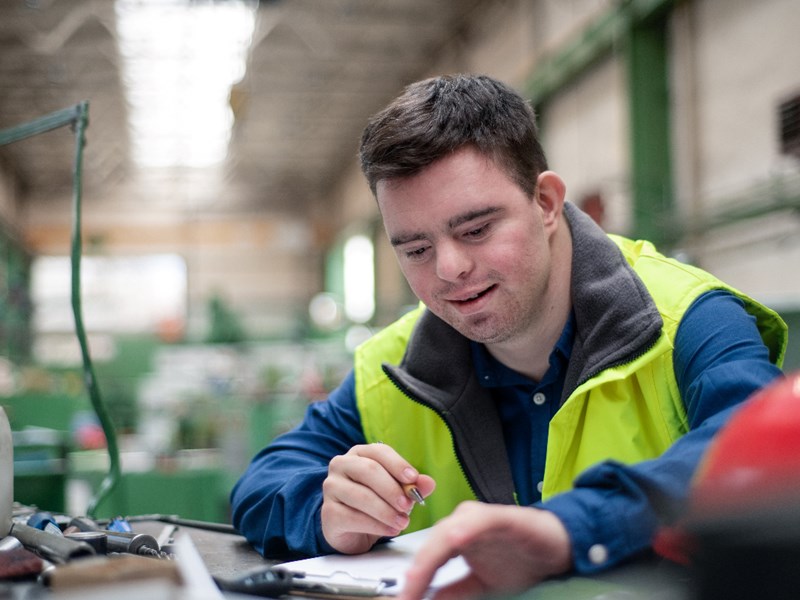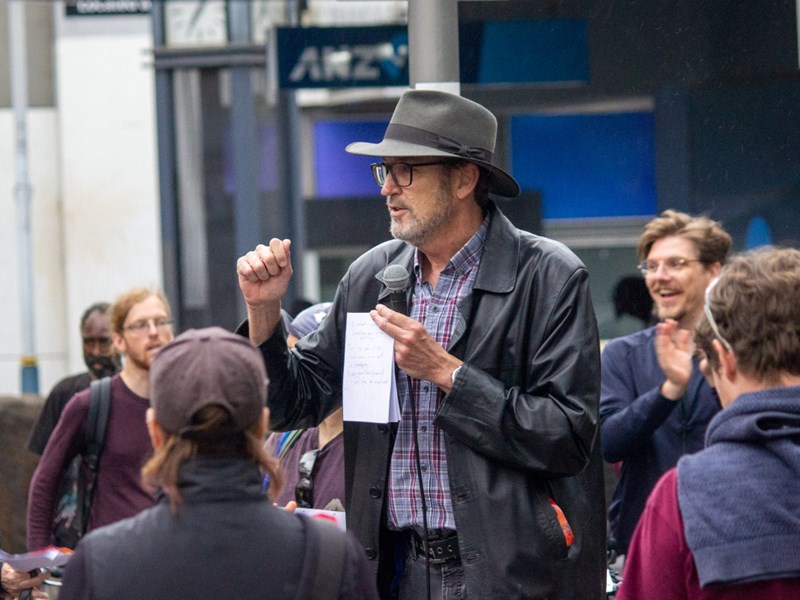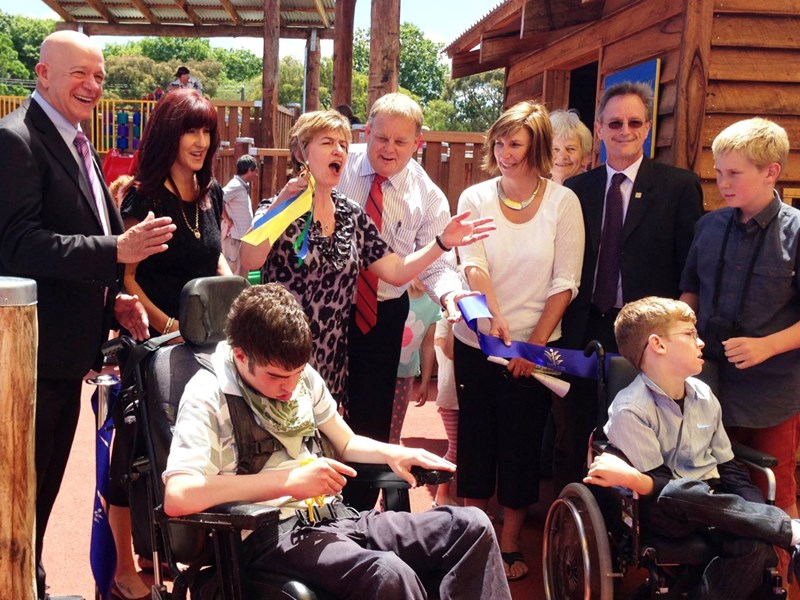Lived experience fuels MPs’ disability advocacy
22 October 2024

‘Nothing about us without us’ is a guiding principle in Victoria’s disability sector and one embraced by MPs who champion inclusion.
Responding to the challenges faced by people with disabilities in areas such as healthcare, employment and education, some parliamentarians draw on their own lived experiences.
For Legislative Council Member David Ettershank, a Legalise Cannabis Victoria representative for the Western Metropolitan Region, living with a painful autoimmune disease, polymyalgia rheumatica, provided the impetus for his journey toward cannabis reform.
‘One of the few things that worked really well before I went to bed is simply to have a joint to soothe the nerves,’ Mr Ettershank said.
While helping to ease pain, he noted that use of cannabis can have various ramifications.
Licence loss and other legal consequences can happen even where medicinal cannabis is prescribed.
‘Every year in Victoria, about 7000 people lose their licence due to positive drug tests from CBD [Cannabidiol],’ he said.
This frustration sparked Mr Ettershank's advocacy, which has since broadened to include many concerns facing the disability and health communities.

‘It was a motivator for me,’ he said, noting that chronic pain and its effects on mental health drive his approach to policy, which aims to bring about changes that are both practical and compassionate.
Similarly, Gippsland East MP Tim Bull, Shadow Minister for Disability, Ageing and Carers, draws from personal history in his advocacy. Driven by his son’s intellectual disability and autism diagnosis, Mr Bull is on a mission to close the urban-rural gap in disability support.
‘While we might never have the city’s facilities, the country deserves a reasonable standard of service,’ he said.
Mr Bull’s efforts in East Gippsland have delivered tangible results: an all-abilities playground, expanded supported accommodation and better local services. For him, advocacy isn’t just a political duty; it’s personal. His hands-on approach has driven improvements in regional support, highlighting a commitment shaped by his own experiences.

Direct dialogue and relationship building with community members living with disability is also seen as crucial by MPs.
Greenvale MP and Parliamentary Secretary for Disability, Iwan Walters fosters connections with organisations like the Victorian Disability Advisory Council by regularly meeting with the Chair and other members.
‘It brings lived experience directly to the heart of policy,’ he said.
At the local level, he undertakes grassroots engagement—knocking on doors, setting up street kiosks—to ensure that the voices of people with disabilities are heard directly in Parliament.

Understanding both service users and providers is key, according to David Ettershank.
‘To really understand what’s happening, you need to talk to both,’ he emphasised, ensuring that policies are shaped by a full understanding of the landscape.
‘We work to make representations to departments, employers and other levels of government to try and assist directly.’
Addressing unique needs through tailored solutions is of utmost importance, noted Tim Bull. That’s where direct dialogue with affected communities is vital, so that policy approaches address their specific needs.
‘Success needs to be measured on outcomes,’ he argued. Policies need be adaptable, flexible and responsive, addressing the diverse needs of the disabled community while maintaining oversight on the effectiveness of programs.
The shared vision among these MPs is a more inclusive and accessible society for people with disabilities. The journey to achieve that can from time-to-time lead to differences of opinion on the best ways to approach the challenges involved.
‘The price of a successful attack is a constructive alternative,’ David Ettershank asserted, emphasising that criticism should be paired with better solutions. This approach, he believes, drives tangible progress and meaningful change.
Empowering individuals with disabilities, particularly through employment, is an approach Tim Bull supports.
‘We're looking at what people can do rather than what they can't,’ he said.
Mr Bull highlighted the importance of future planning for families with disabled children.
‘If we can assist people through that process of planning for the future, we can help them avoid the traumatic experience of having to relocate their loved ones suddenly,’ he said.
Education is another key factor, according to Iwan Walters. His teaching background fuels his commitment to ensuring that every student receives a quality education. He emphasised the importance of inclusive education, government investment in new facilities and improving teaching methods to empower students with disabilities.
‘I believe very deeply in the importance of every person having the opportunity to live a life that is dignified and gives them opportunities to thrive,’ he said.
Through the collective efforts of individuals living with disability, advocacy groups and MPs, Victoria has made important strides in improving disability support. Legislative reforms, community engagement and policy development have all contributed to the progress that has been made.
While there are still many challenges ahead, MPs like David Ettershank, Tim Bull and Iwan Walters are encouraging people to reflect on the achievements so far and to continue the collaboration that is essential to shape a fairer and more inclusive society for all.
About the Author

Clarity Romero
A participant in the Parliament Express program conducted by the Parliament of Victoria in partnership with Express Media. The program provided mentoring and engagement experiences, leading to a series of articles written by young Victorians for the Victorian Parliament's website.